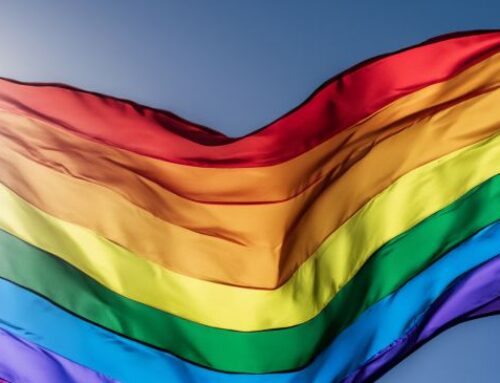On April 5, the Canadian Radio-television and Telecommunications Commission, the federal broadcast regulator, rendered a bizarre decision, granting a Toronto-area radio licence to a group committed to promoting homosexuality on the airwaves. Rainbow Broadcasting gained the first Toronto FM radio licence issued in more than four years at the expense of many legitimate applicants, including a group hoping for an all-Catholic station.
According to the CRTC, “The proposed station would serve the gay and lesbian community of Toronto. The CRTC expects that spoken word programming, including newscasts, open-line and discussion programs and promotion of local events and activities, will consistently incorporate material of direct and particular relevance to the gay and lesbian community and reflect its perspective and its particular needs and interests.”
Given that the only commonality homosexual persons share is certain sexual practices, it is hard to imagine how the new station won’t regularly delve into the indecent and the obscene. Indeed, one of the CRTC’s conditions for granting the station a licence is that it spend thousands of dollars promoting the annual “gay pride” parade each year. Once known as Toronto the Good, this latest pornographic initiative will hardly be of help to a city that is desperately trying to shed its image as a dangerous haunt for marauding gangsters with handguns.
And, if this type of pro-pornographic, anti-religious decision sounds familiar, it should. In 1997, in a brazen decision, the CRTC licensed the pornographic Playboy Television channel, while denying four separate applications from potential religious broadcasters. That decision led to a campaign by the then-newly founded Canada Family Action Coalition to open up broadcasting to religious groups.
While the CFAC campaign met with several successes, including the licensing of the Burlington, Ont.-based Crossroads Television channel, several Christian radio stations and, a few years later, the Catholic EWTN television channel, the historic anti-religious bigotry of the CRTC remains a substantial and not-so-subtle obstacle for Christian applicants to overcome.
For example, in 2003, the CRTC rejected an application for an all-Catholic radio station in Toronto, where almost half of the Greater Toronto Area’s population of 4.5 million self-identifies as Catholic.
Tony Gosgnach, a board member of the would-be Catholic Radio endeavour, said, “After putting in lots of hard work, not to mention large amounts of money, toward an ultimately unsuccessful application … I and others involved in that effort are appalled.




